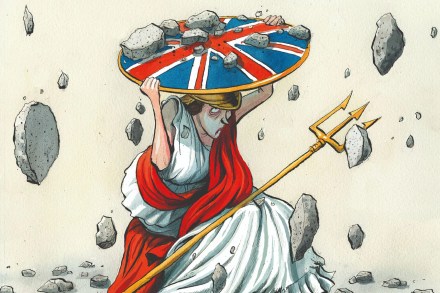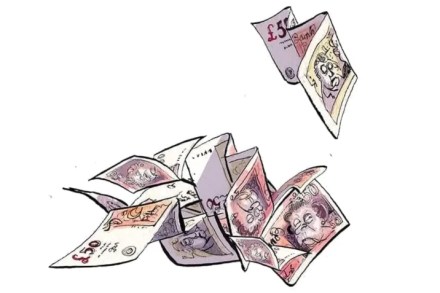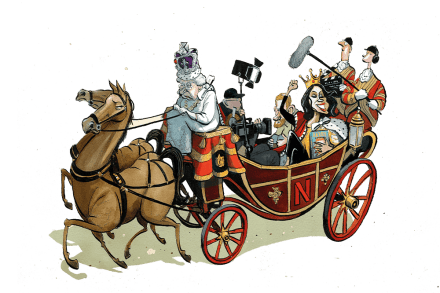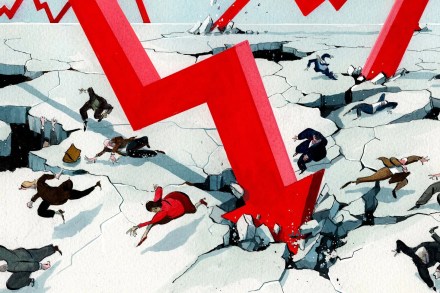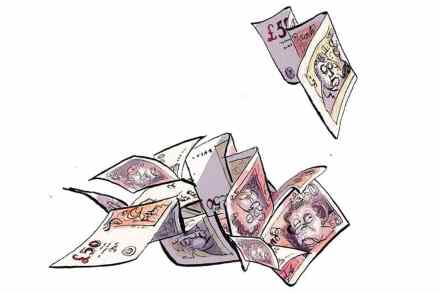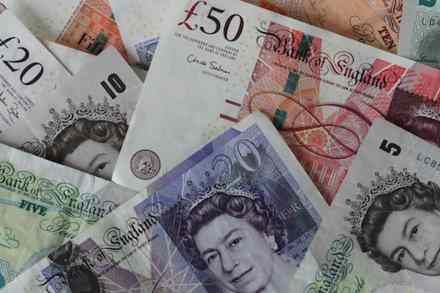Why are UK debt costs still so high – and does it matter?
The yields on UK government bonds, commonly known as ‘gilts’, are now consistently the highest among the G7 group of advanced economies. Why is this, and why should the rest of us worry? Yesterday’s No.10 reshuffle has done little to help but there’s a lot more going on. The numbers alone are disturbing. The cost



